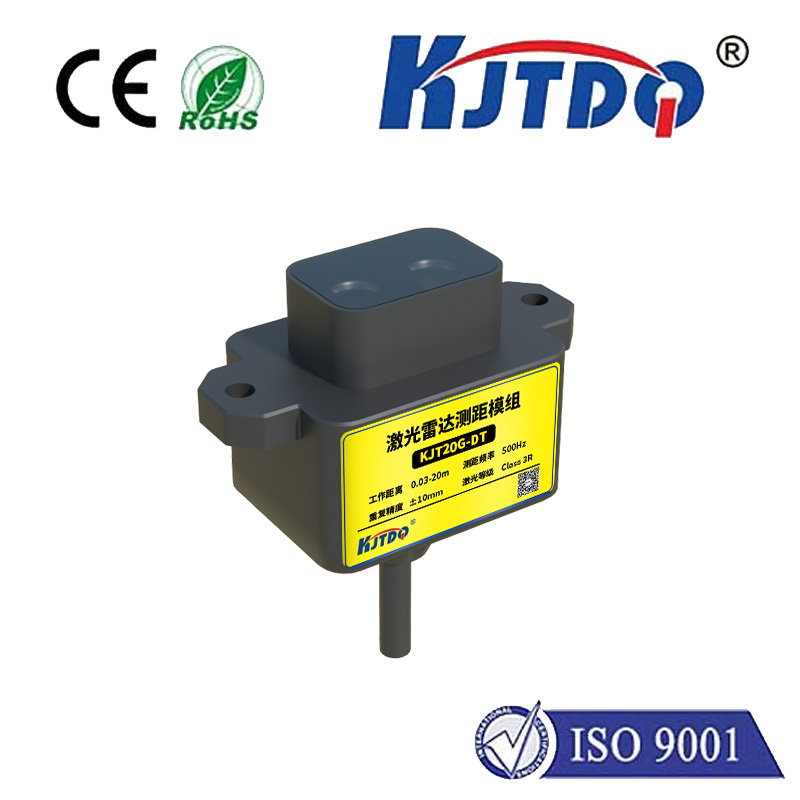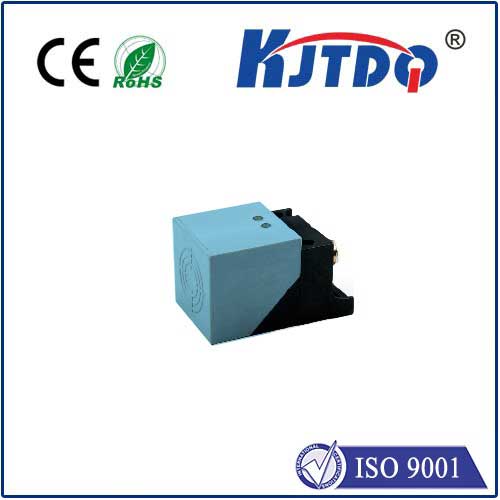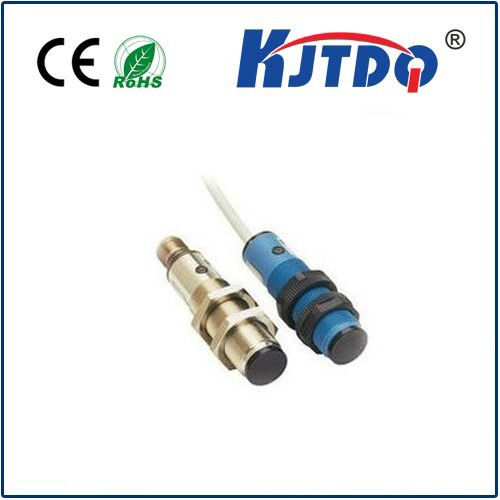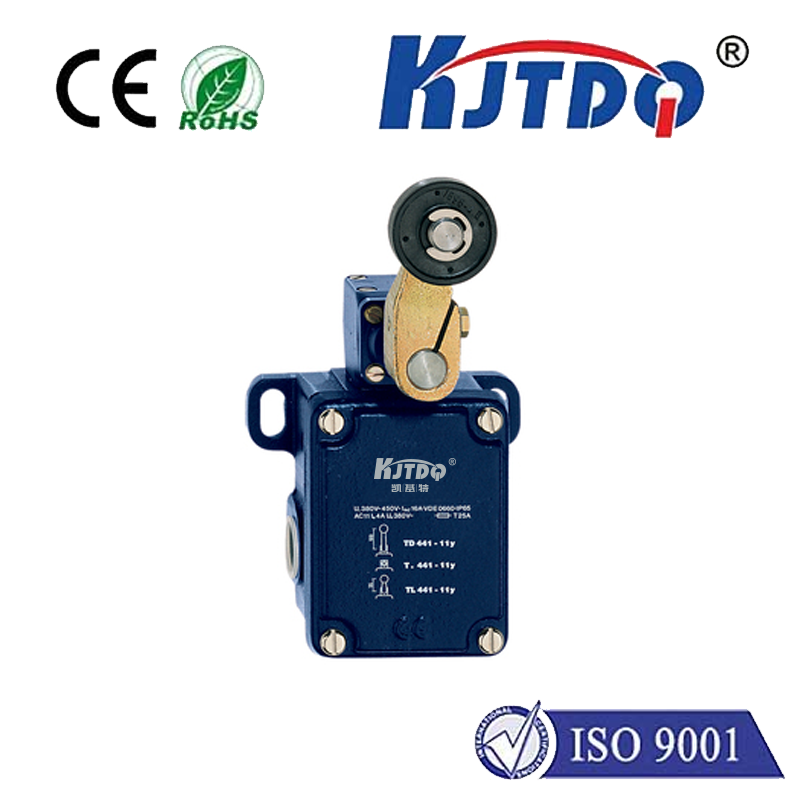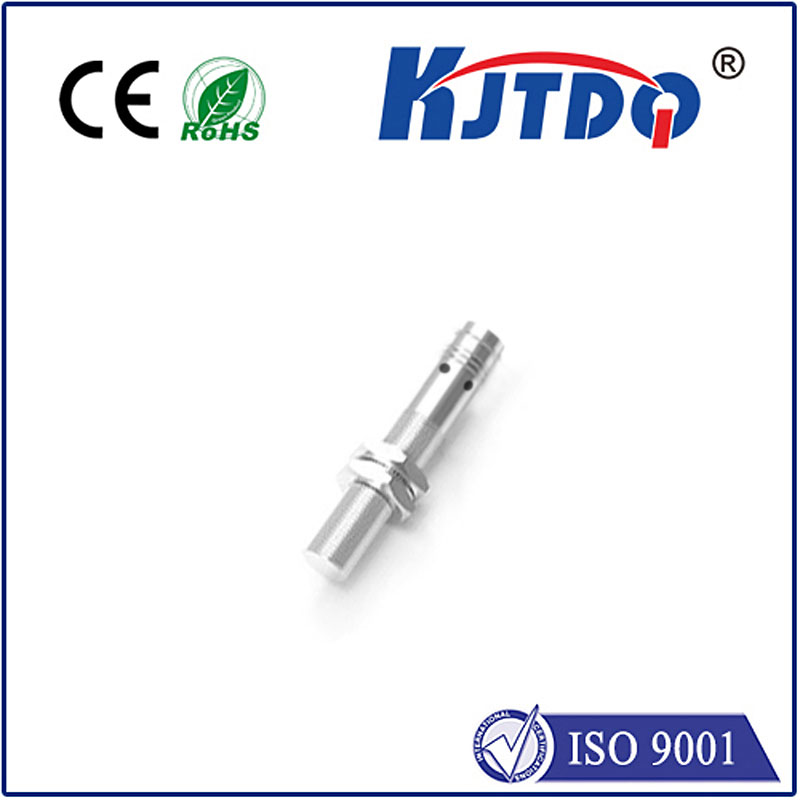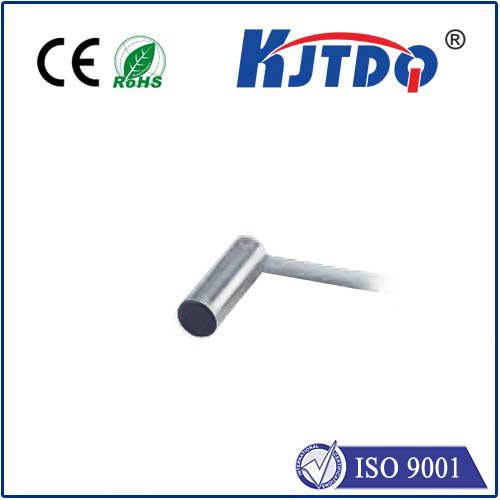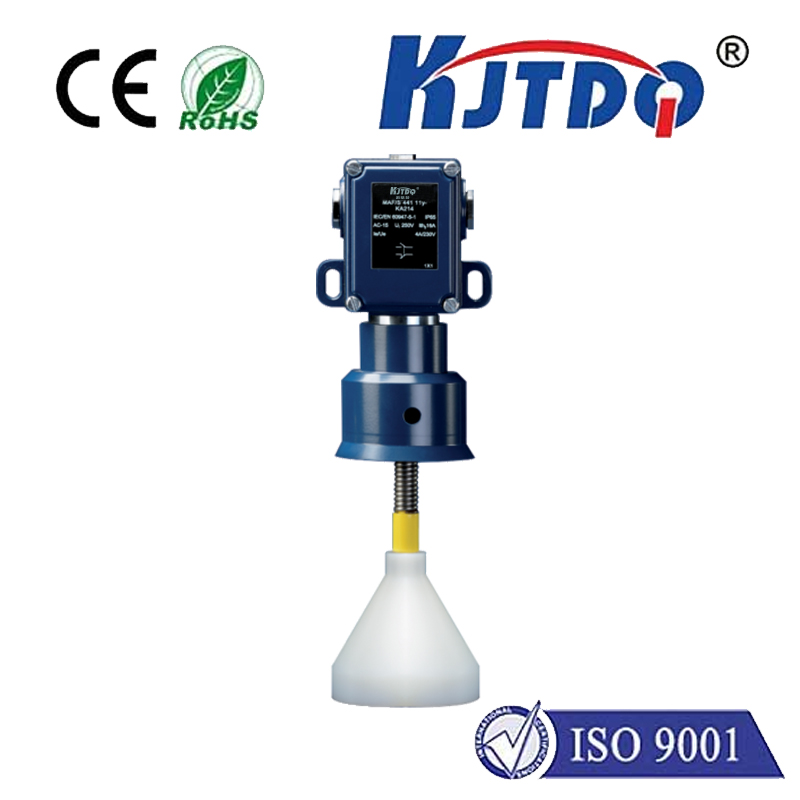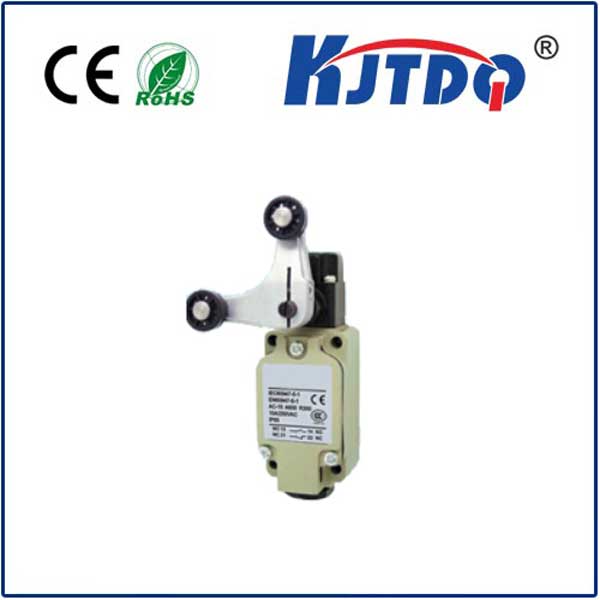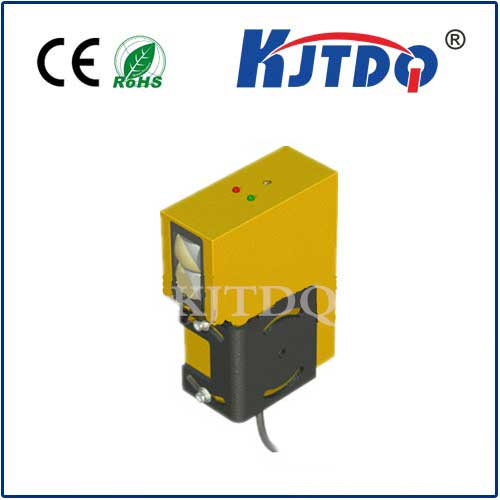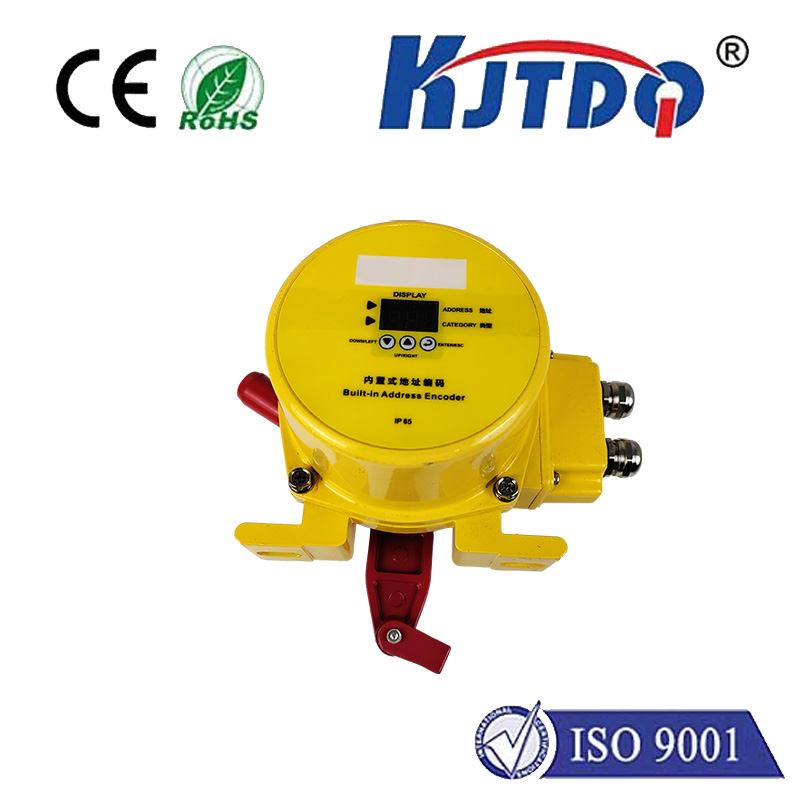

check

check

check

check

check

check

check

check

check

check
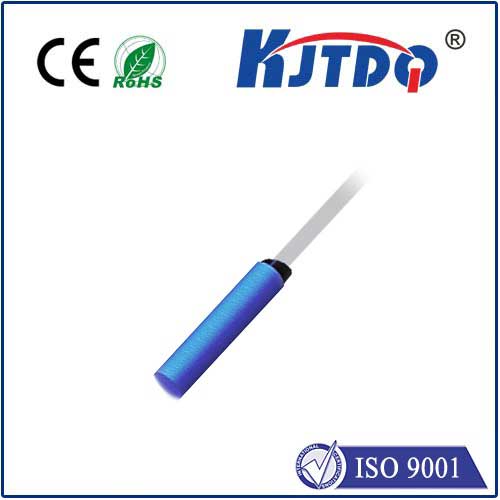
Capacitive sensor is a type of sensor commonly used for material detection. It can detect various types of materials, including metals, non-metals, semiconductors, etc. The following are the applications and advantages of capacitive sensors in detecting different materials.
1. Metal material detection
Metal material detection is an important application field of capacitive sensors. Since metals conduct electricity well, capacitive sensors can determine whether a material is metallic by measuring its conductivity. In addition, capacitive sensors can detect the thickness, size and other physical parameters of metal. This detection method can be applied in the production and processing of various metal products, such as metal sheets, pipes, wires, etc.
2. Non-metallic material detection
Capacitive sensors can also be applied to the detection of non-metallic materials. For non-metallic materials, capacitive sensors measure the material's dielectric constant to determine its electrical properties. Different types of non-metallic materials have different dielectric constants, so capacitive sensors can differentiate between different materials based on their dielectric constant. For example, capacitive sensors can be used to detect defects, thickness, and physical parameters of non-metallic materials such as plastics, ceramics, and glass.
3. Semiconductor material testing
In the semiconductor manufacturing process, capacitive sensors have also been widely used. Semiconductor materials have the characteristic that the dielectric constant changes with temperature, humidity, etc., so capacitive sensors can determine the state of the material by measuring its dielectric constant. For example, capacitive sensors can be used to detect defects, changes in lattice structure, etc. in semiconductor materials.
In addition to the above three fields of material detection, capacitive sensors can also be applied to the detection of various other materials. For example, in the food, pharmaceutical and other industries, capacitive sensors can be used to detect parameters such as moisture content and density of objects. In the wood processing industry, capacitive sensors can be used to detect parameters such as thickness, density and moisture content of wood.
In summary, capacitive sensors are a widely used material detection tool that can detect a variety of different types of materials, including metals, non-metals, and semiconductors. By measuring a material's conductivity, permittivity, or other physical parameters, capacitive sensors can provide accurate, reliable measurements for a variety of applications. With the continuous development of technology, the application fields of capacitive sensors will continue to expand, providing material detection solutions for more industries. Let us look forward to more applications and developments of capacitive sensors in the field of material detection, contributing to technological progress and improvement of quality of life.
